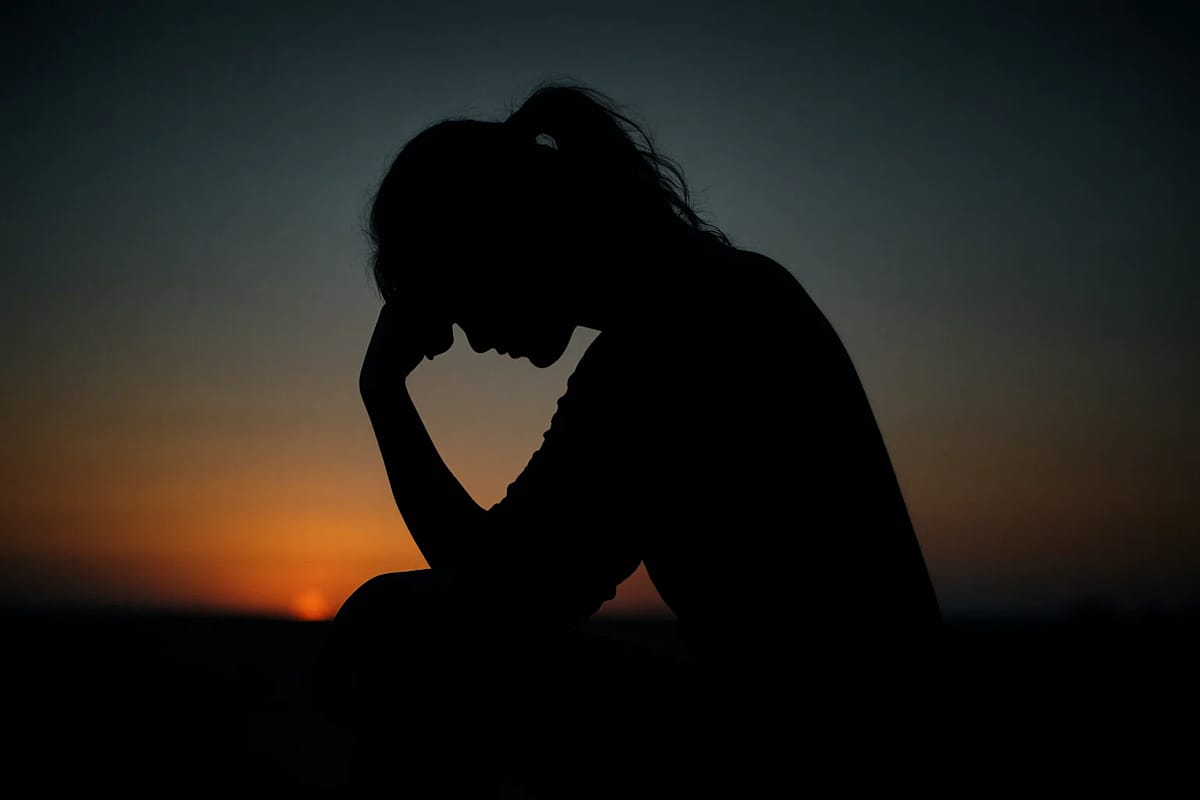In this blog post, I will share my ongoing battle with the aftereffects of PTSD. This blog post aims to shed light on the complexities of living with trauma, the coping mechanisms that can aid recovery, and the importance of acknowledging and discussing these experiences openly.
The Reality of Trauma
I will begin by expressing the harsh truth that there may never be a complete healing from the trauma of rape. Despite efforts to cope, the emotional and physical scars remain. Symptoms such as headaches, nausea, and skin rashes are manifestations of the intense emotions that accompany my PTSD.
Coping Mechanisms
While the journey is fraught with challenges, I have discovered several coping strategies that have helped me manage my symptoms:
- Natural Medicines: Use of psilocybin, which has aided in processing her trauma.
- Yoga: Practicing yoga, particularly restorative yoga, has been beneficial in releasing tension and promoting healing.
- Ketamine Therapy: This treatment has also provided relief, although it is not a cure.
These methods have allowed me to space out episodes of intense emotional distress, although they do not eliminate the trauma entirely.
The Physical Toll of PTSD
There are still physical repercussions of my trauma, including:
- Chronic Infections: Frequent urinary tract and bladder infections.
- Body Pain: Persistent pain, particularly in my hips, where the trauma was centered, is a constant reminder of my experience.
- Adrenal Fatigue and Autoimmune Issues: The state of hyper-alertness caused by PTSD has led to further health complications.
These physical symptoms illustrate how deeply trauma can affect the body, often manifesting in ways that are not immediately visible to others.
The Emotional Struggle
Living with PTSD is not just about managing physical symptoms; it also involves navigating complex emotional landscapes—feelings of despair and suicidal thoughts that have plagued me since childhood. However, I know the importance of being alive for my children and my faith, which have been my anchors.
The Impact of Societal Expectations
There are societal pressures to remain silent about trauma. I have had several experiences of being told to forgive and forget, or that my pain was less significant than others'. This silencing can exacerbate feelings of isolation and shame, making it harder for survivors to seek help and share their stories.
The Nature of Trust and Intimacy
One of the most profound impacts of rape is the erosion of trust in relationships. I have an ongoing struggle with intimacy, even with my husband. The trauma has created a barrier to experiencing love and affection, complicating my sexual identity and making it difficult to reclaim a part of myself that was taken away.
The Importance of Open Dialogue
We need to advocate for a shift in how society addresses trauma. Instead of encouraging silence and stigmatization, I call for an open conversation about the realities of living with PTSD. Trauma is a legitimate disability that requires understanding and support.
Healing is a Journey
Healing from trauma is not linear. I acknowledge that while some episodes may lessen over time, they may never entirely disappear. I encourage others to share their stories and seek support; no one is alone in their struggles.
Conclusion
The journey of healing from the aftereffects of rape and PTSD is complex and deeply personal. By sharing my experience, I hope to foster understanding and compassion for those who have faced similar challenges. It is crucial to recognize the reality of trauma, support survivors, and create a culture where open dialogue is encouraged.
You've got to keep living, you've got to keep going. Suicide isn't the answer.
